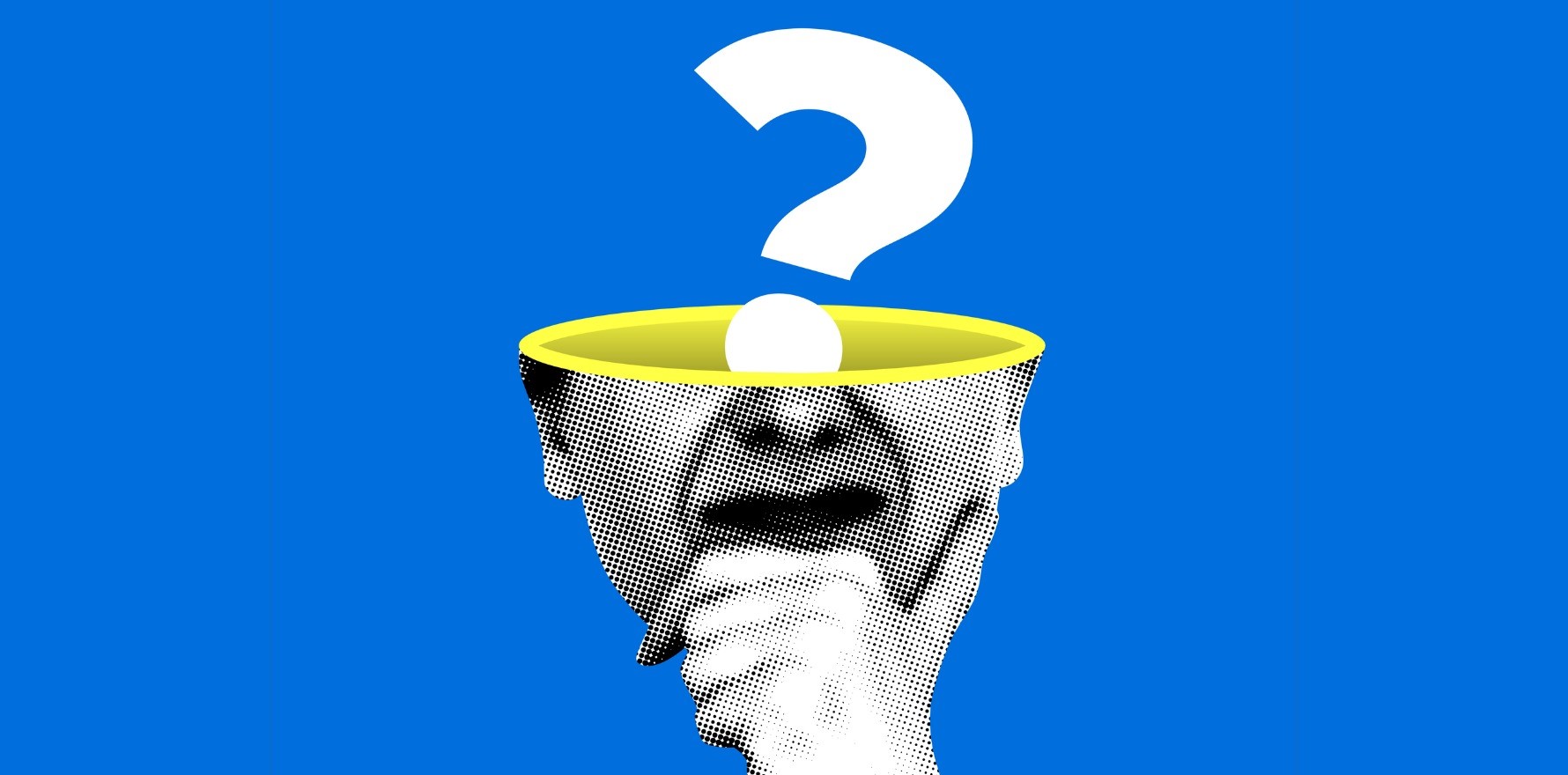Hot on the heels of announcing its intention to become one of the biggest Australian GP corporates, Bupa has confirmed a move into mental health primary care.
Health fund Bupa is continuing its incursion into the primary care market with a plan to open a string of mental health clinics, to be known as Mindplace, across the country.
The insurer aims to have a network of 60 mental health clinics by 2027, putting it just shy of the government’s goal of having 61 walk-in Medicare Mental Health Centres operational by mid-2026.
This announcement comes just days after Bupa’s Asia Pacific CEO told the Australian Financial Reviewthat it intends to open 130 medical centres over three years, which would make it the second-largest GP corporate in Australia. It currently owns 20 GP clinics.
According to Bupa, each Mindplace clinic will offer “introductory psychologist matching consultations, integrated telehealth options and practical digital resources”.
The first Mindplace is set to open within the month, with a further nine coming throughout the year. They will be open to both Bupa customers and non-customers.
The Medical Republic asked Bupa to confirm the mix of staff it intended to be present at these clinics, especially in the face of a well-documented mental health workforce shortage.
A Bupa spokesman said that, at this time, psychologists are providing treatment at Mindplace mental health clinics while also providing telehealth services for people around Australia.
Related
“By launching an extensive network of Mindplace mental health clinics, Bupa intends to play a pivotal role in meeting the ballooning demand for mental health support in our community,” Bupa Asia Pacific CEO Nick Stone said.
“Our ambition is to work in partnership with the services already provided by the public system to ensure all Australians can access the mental health support they need.”
RACGP president Dr Michael Wright told TMR that, while any new investment in mental healthcare was welcome, new healthcare options should not fragment the health system.
“We must be mindful of the impact of private health insurance encroaching on Medicare-funded services,” he said.
“Any services run in isolation from a patient’s regular GP risks fragmenting care.
“Under the Medicare-funded Better Access Initiative a patient’s GP is involved from start to finish, including undertaking the initial Mental Health Treatment Plan and reassessing a patient’s care needs after the first six consults with a psychiatrist or psychologist.”
Under current legislation, private health companies can only play a limited role in primary health; they are generally barred from providing rebates for non-hospital professional services for which a Medicare benefit is payable.
As it stands, health funds are permitted to offer extras coverage for psychology and counselling
There has been a recent push from the health insurance industry to change the rules around funding general practice-type consults.
The RACGP stance is that allowing private health insurers to fund services for which Medicare rebates are available or cover gap payments would threaten universality of access to general practice.
“The RACGP shares member and community concerns that the expansion of private health insurance in the primary healthcare setting could undermine the autonomy of the treating practitioner and the options available to patients in the formulation of their individualised management plans,” the college position statement reads.





